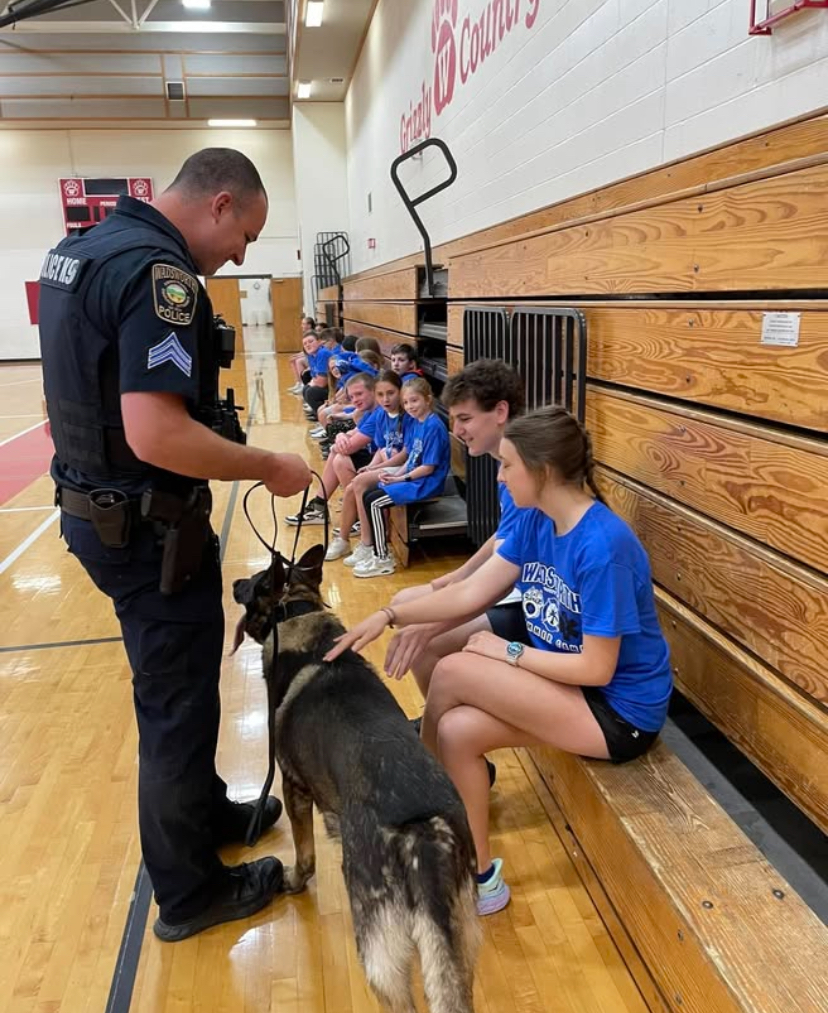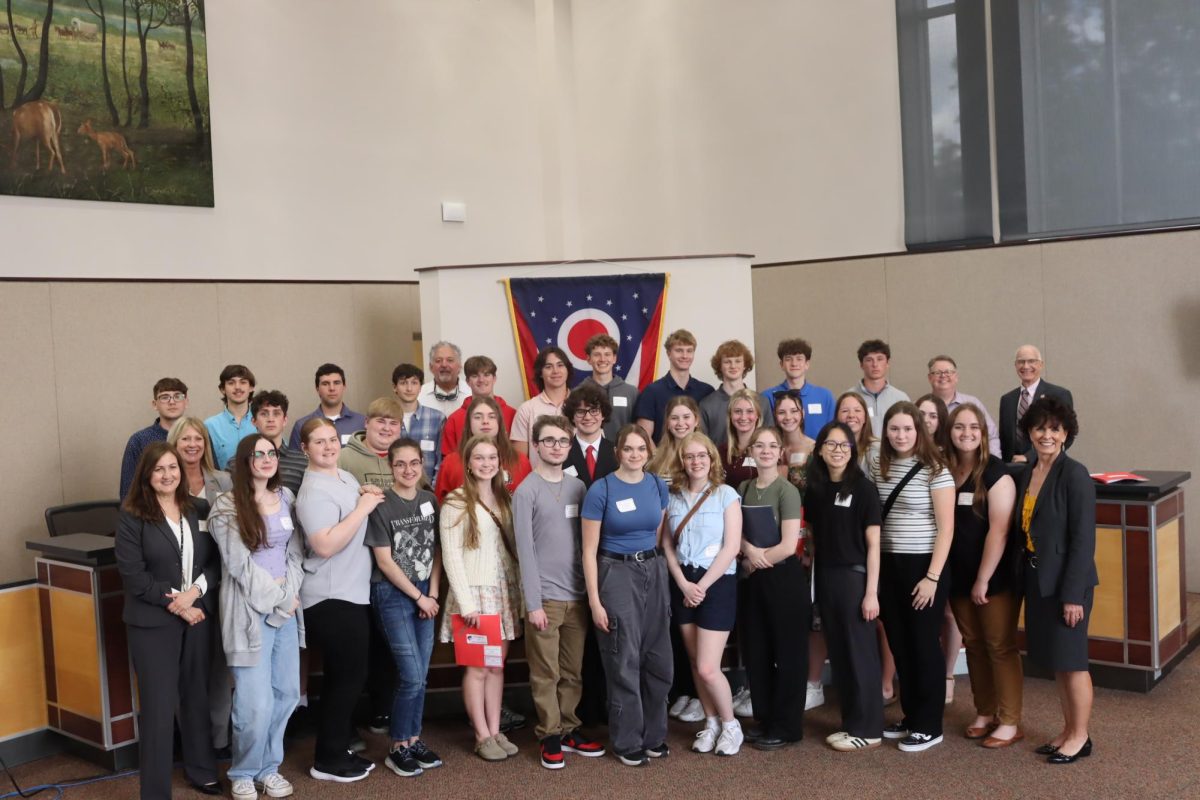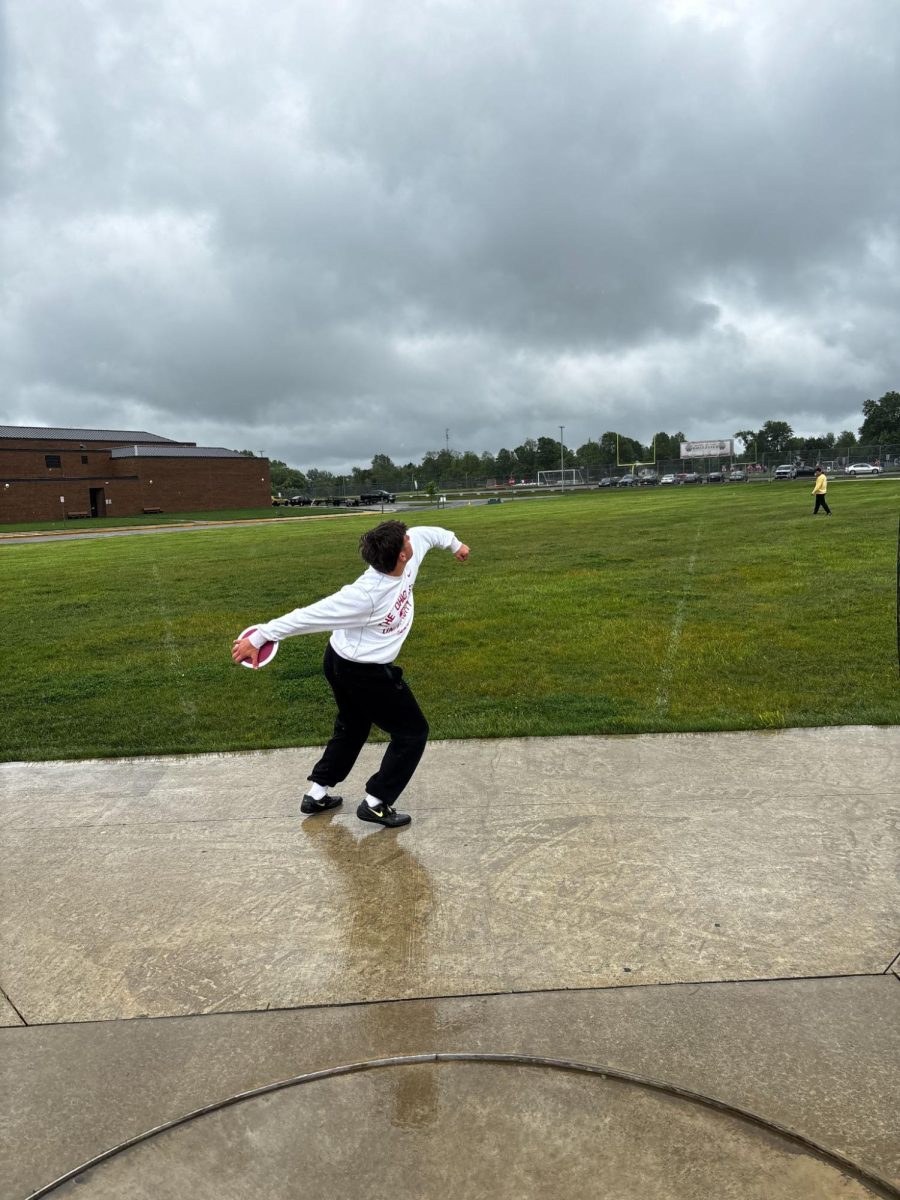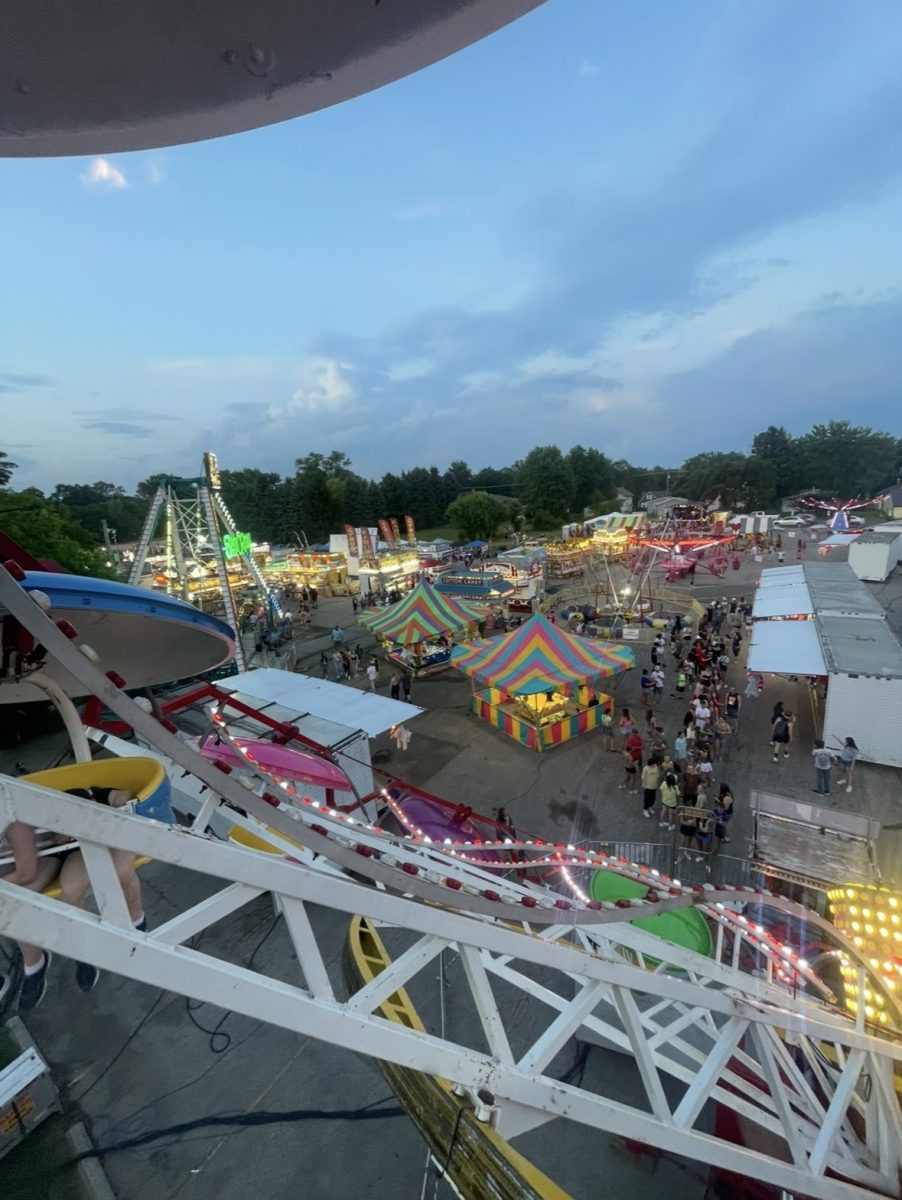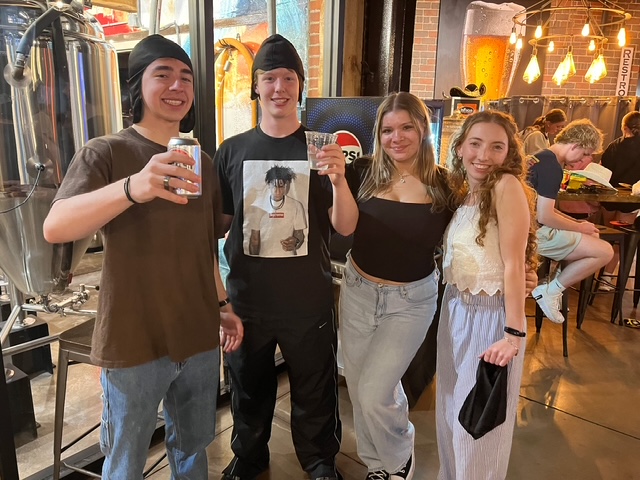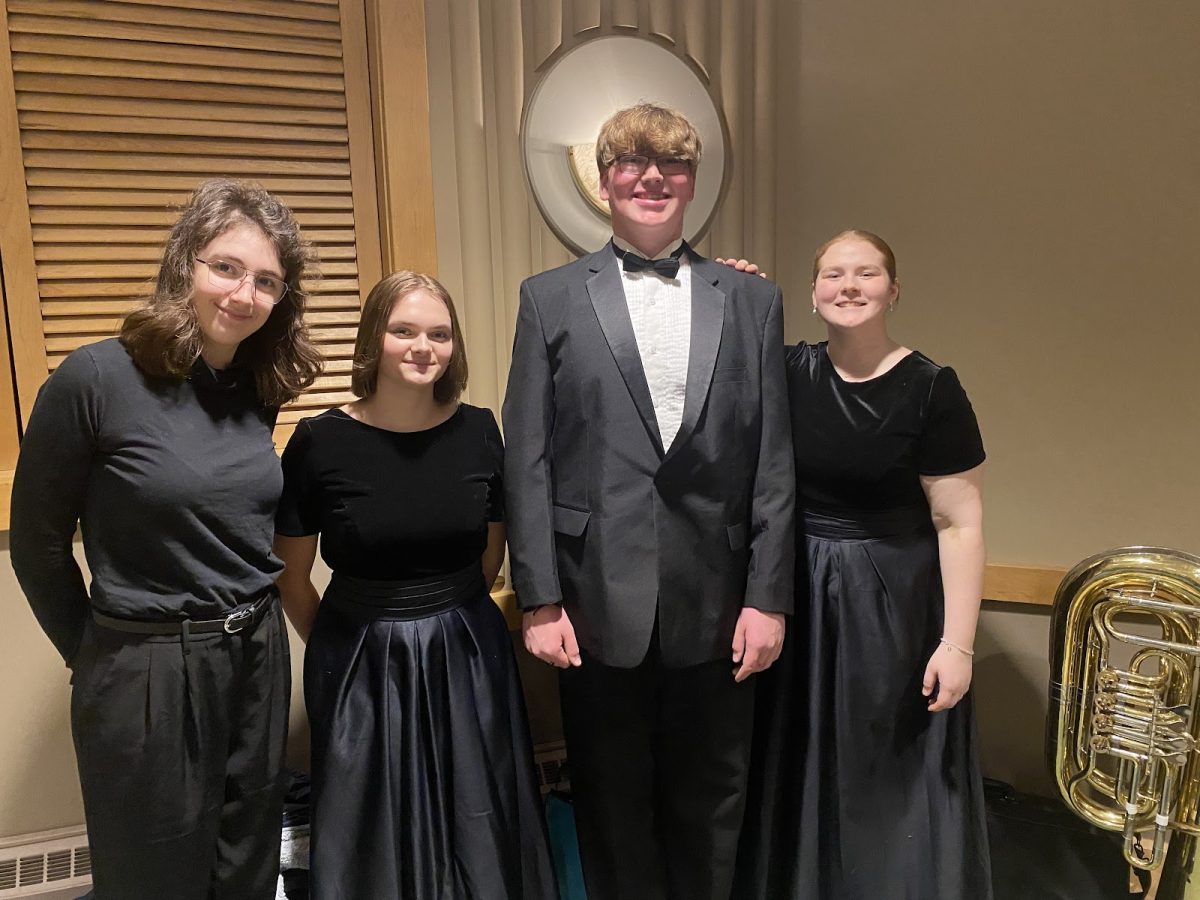Gaming’s Endless Future With AI’s Help

Imagine strolling through a remote village in a video game, where, instead of just trying to checkpoints off a list, there is an incentive to stay, an incentive to speak to the area’s few locals, as each NPC has a story to tell, information about the world or its inhabitants, and the ability to respond to the player based off of whatever the player types. This very well may be the future for gaming, and with the help of ChatGPT and other AI, it may not be far off.
By now, everyone has a general idea of what ChatGPT is and of some of its capabilities. It can write your business emails, outline essays, and even provide an entire weightlifting routine tailored to the individual.
That said, the depth to which ChatGPT and other AI–such as Anthropic, LaMDA, and Chinchilla go is much deeper and will only strengthen as time passes. Luckily, fans of video games will likely see some of the most impressive capabilities of AI reflected in their games sooner than later.
Aidan Gray, a senior at Wadsworth High School and intended Major in Computer Science, believes there is no limit to AI’s future influence in gaming.
“AI such as ChatGPT will improve gaming experiences by making them more unique,” Gray said, “Especially through journeys and adventures in open-world settings, for example.”
Considering ChatGPT’s ability to generate massive amounts of fiction and to accurately follow users’ prompts, it has the potential to upend the story-creation process and quest-making process for any RPG, no matter the gaming studio.
“There is no limit to the potential of AI’s influence in storytelling for future video games,” Gray said. “I mean, AI is rapidly improving with voice deep-fakes, and now, with there being AI such as ChatGPT, I just don’t think there is an end. And the thing is, most of it is completely new too; it’s not reused content.”
Gray mentioned that such flexibility in AI storytelling for gaming will not only help RPGs but has the potential to revolutionize rouge-like games such as “Hades” and procedurally games such as “Rimworld” too.
“In rouge-like games, everything is different each time you replay it,” Gray said. “This is just one way I could see AI playing out in gaming, but I think ChatGPT and other software have the ability to further randomize your experience. Every player would theoretically be able to face an entirely different scenario in the same game that is powered by, for instance, ChatGPT that continuously changes as you play.”
Beyond the sheer potential in replayability for future games, Gray said the most revolutionary feature AI may provide is the overhaul of non-player-characters (NPCs) behavior.
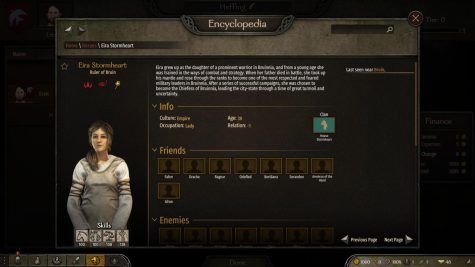
“Almost every game’s NPCs have built-in responses,” Gray said. “And these responses are to a built-in selection of what a player can say. But with ChatGPT (or other conversation-based AI), a player could theoretically type whatever they wanted, and the AI would assess it and blurt out a complete response.”
This potential for NPCs is something that will benefit Role-Playing Games tremendously as it will increase the ability for players to role-play, affect the morality system of games and make it possible for players to assume good, evil, or morally grey stances, and provide potential for stronger reputation systems in games. Hypothetically, all NPCs would be able to individually interact with the player and have an exclusive opinion of the player based off of choices made during their play.
“I think it will definitely be amazing,” said Ian Clark-Kelley, a senior at Wadsworth High School. “ChatGPT can already type up a whole story, and I think its ability to just automatically generate responses for NPCs and spit them out will be extremely beneficial for video games.”
While most of this speculating about the future of NPCs in video games, is simply speculation, there has already been proof-of-concept in the modding community for Mount and Blade II: Bannerlord, as a YouTuber by the name, “Bloc” has realized multiple videos showcasing an interaction with random NPCs. In these videos, the player is able to type out questions or statements to which the NPC responds accordingly.
“Honestly, I think it is kind of creepy,” Kelley said. “I mean, don’t get me wrong, it’s going to be amazing for gaming, but to think AI is getting so advanced is a little scary, you know what I’m saying?”
Admittedly, Kelley’s concerns are warranted. AI, such as ChatGPT and its competitors, are advancing fast. It will definitely provide an array of benefits but also consequences as time passes.
“I mean it is definitely going to be a little scary with how it may affect the job space for gaming,” Gray said. “So what I’ve seen is happening is when someone is developing something and they get stuck, they can go to ChatGPT and just get code from it and have it solve their issue. I mean, there will still always be a person developing something, but at some point, I can see it just being one person or a much smaller group of workers, developing something with an AI’s help.”
That said, Gray also believes that ChatGPT may not impact gaming in too many negative ways, as he believes there will still be a lot of room for games untouched by AI. He believes this because he thinks there will always be a market for story-rich games such as “Red Dead Redemption 2” or “A Plague Tale: Requiem.”
“It definitely has the potential to change games entirely,” Gray said, “but I feel like there will always be people that will not use AI to help produce their game. I think there will always be a market for say, friends to experience the same game as one another and be able to talk about parts of the game each person liked and disliked.”
Of course, anything can happen over the next few years in relation to AI and gaming, but where it stands now, it definitely seems more positive than negative. AI will be able to help produce games faster and more impactful to gamers. It will help everyone come closer to discovering ‘their perfect game.’
“It just needs a lot of testing, but similar to how ads are personalized,” Gray said, “I definitely think there could be a game that could be made where it is ‘completely your game.’ Something you would love personally.”
Currently, ChatGPT’s free version remains an option for users, although ChatGPT Plus rolled out on February 1 for 20 dollars a month. While the recent burst of popularity for conversation-based AI contains a promising future, it is worth mentioning that competition between big-tech companies such as Microsoft and Google to make the most use of AI is already underway. As of February 8, Bing now contains a ChatGPT-powered search engine.
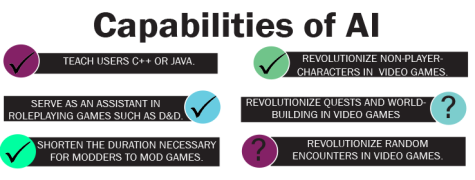
Your donation will support the student journalists of Wadsworth High School. Your contribution will allow us to purchase equipment and cover our annual website hosting costs.

![Wadsworth's Class Of 2025 Walks At Graduation Ceremony [Photo Gallery]](https://wadsworthbruin.com/wp-content/uploads/2025/05/IMG_9018-1-1200x800.jpg)
